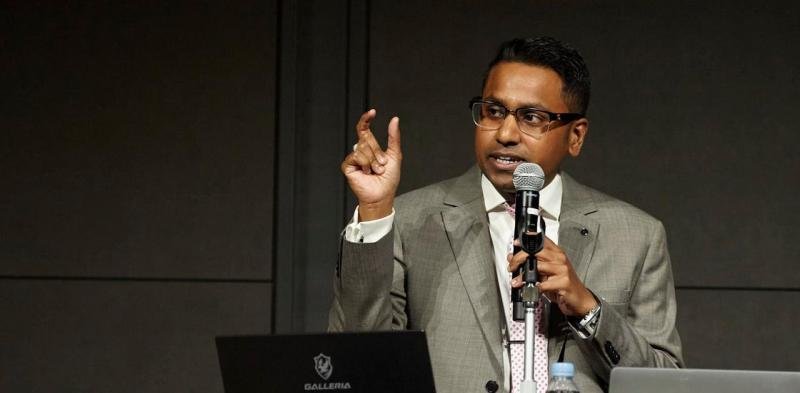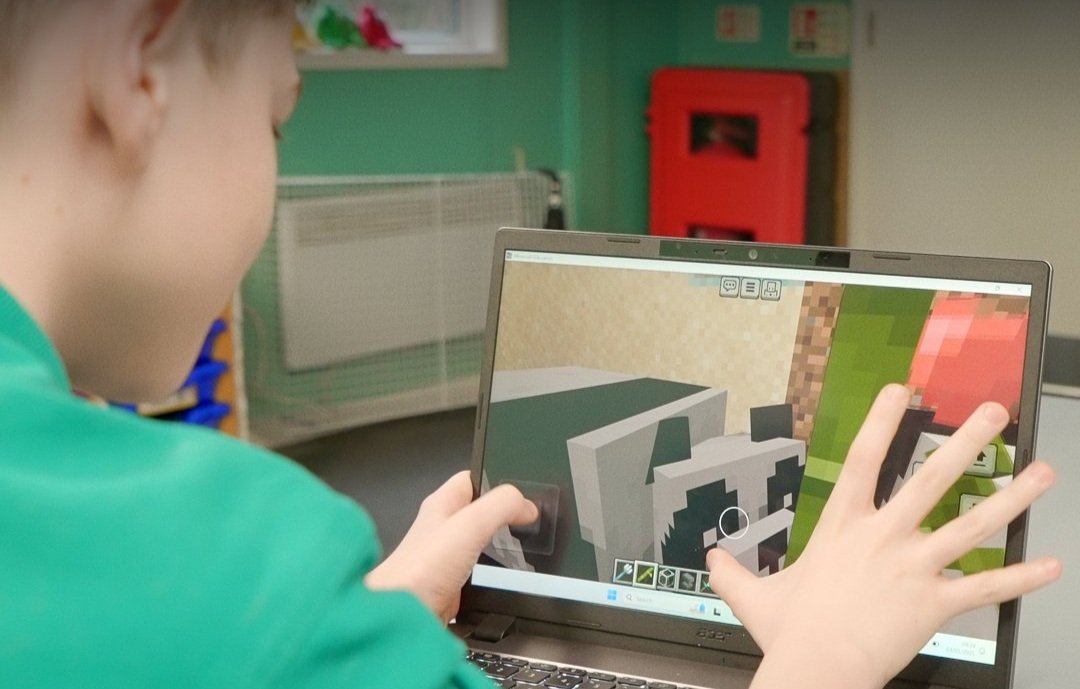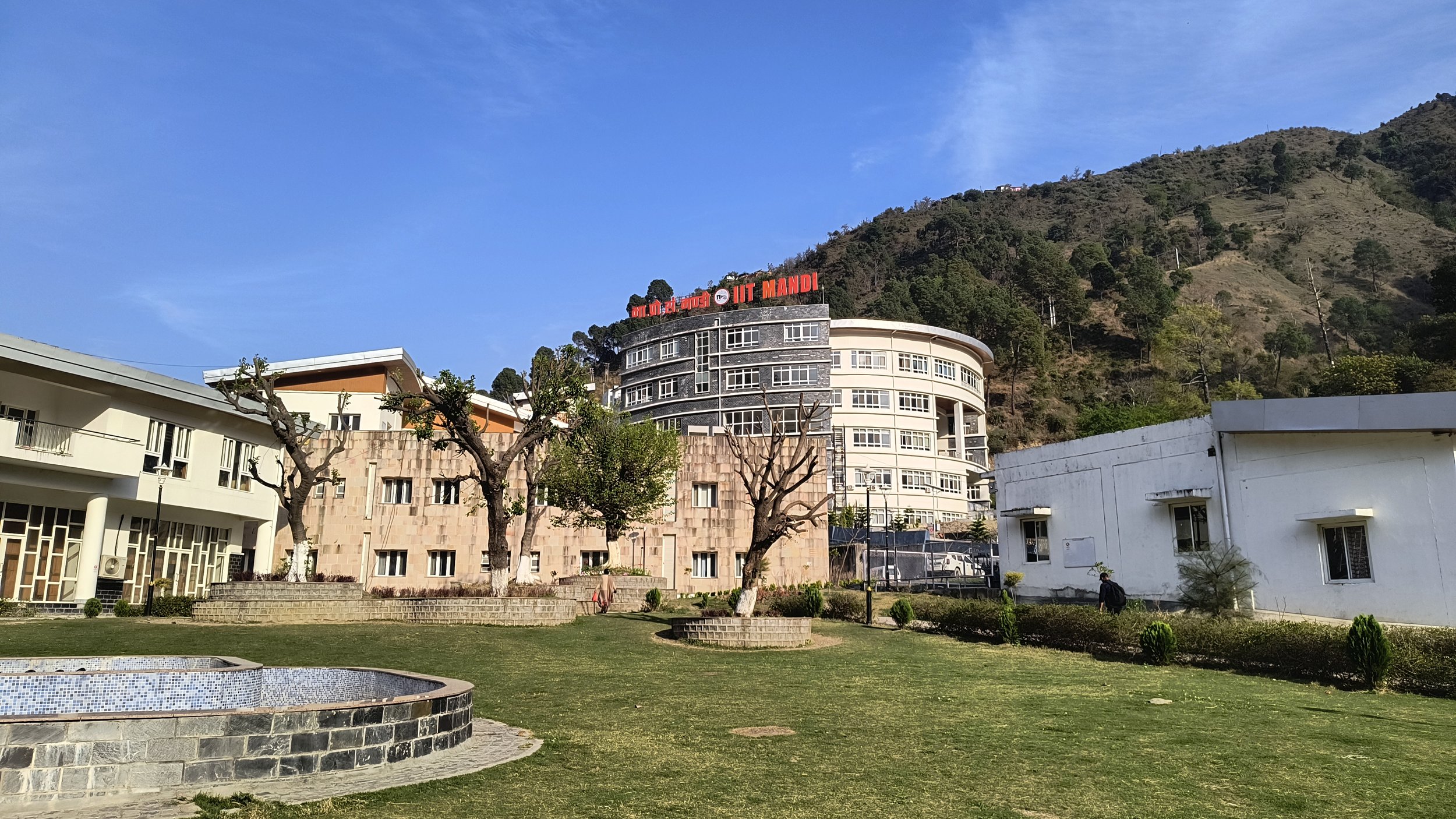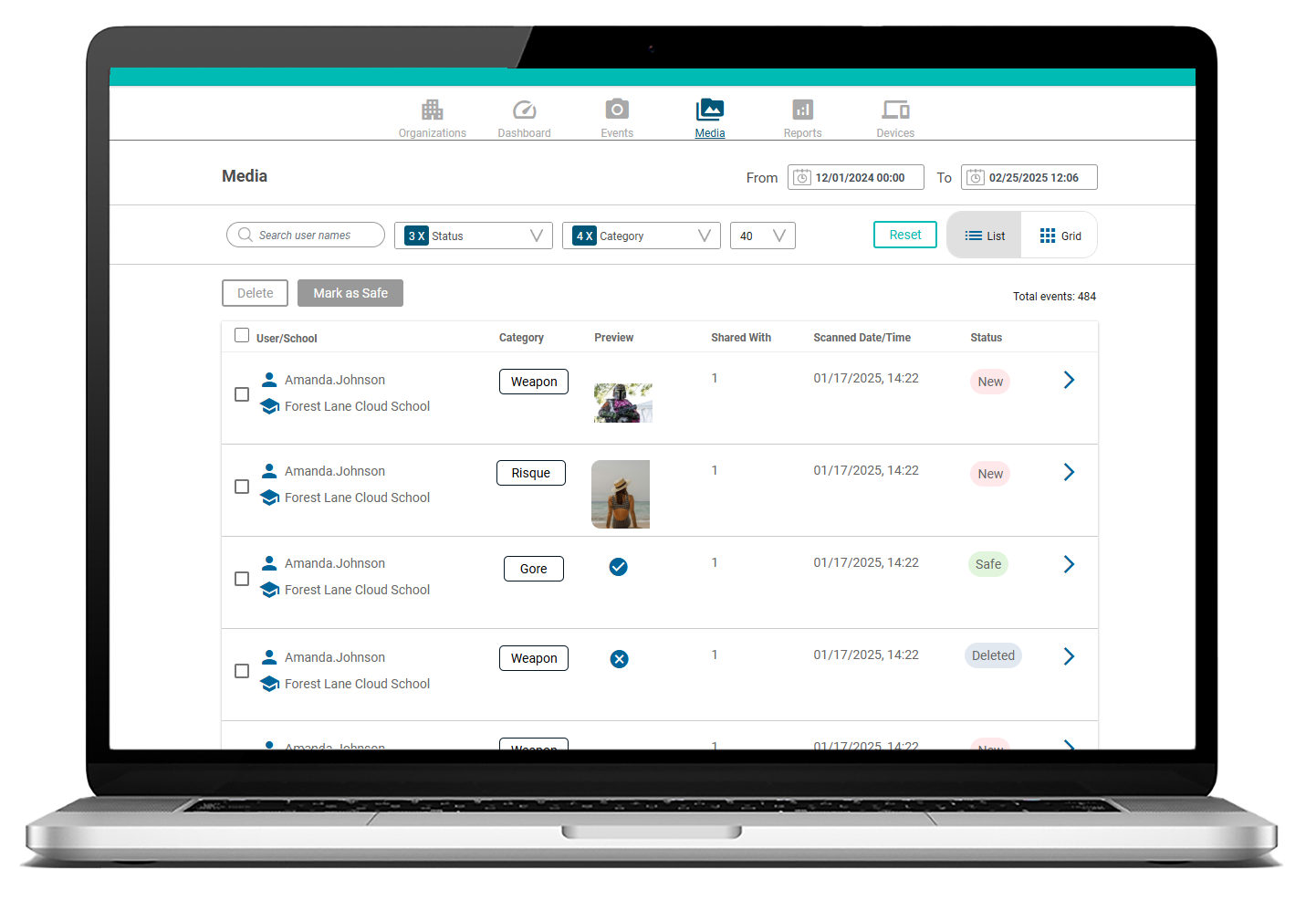Xendee and UIUC team up to develop low-carbon power solutions for data centres
Xendee Corporation and the University of Illinois Urbana-Champaign (UIUC) have teamed up to explore innovative solutions for powering data centres using renewable energy and advanced nuclear technology.
The partnership will focus on creating a phased approach that integrates Small Modular Reactors (SMRs) with renewable energy sources, providing reliable, carbon-free power for data centres as demand for digital infrastructure rises.
With the increasing power consumption of data centres, especially as AI and cloud computing continue to grow, the industry’s power demand is expected to surge from 3% of total U.S. energy consumption to 8% by 2030.
Facing constraints in traditional energy sources and the challenge of reducing carbon footprints, the data centre industry is now looking for alternatives. Xendee and UIUC will address this issue through the deployment of local, low-carbon microgrids that can meet the needs of these high-demand facilities.
The collaboration will begin by leveraging existing Distributed Energy Resources (DERs), such as energy storage solutions and biofuels, with the ultimate goal of integrating advanced nuclear technologies, including SMRs, as they become available. The phased approach will allow data centres to evolve their energy solutions gradually while maintaining flexibility to incorporate newer technologies over time.
Dr. Timothy Grunloh, Principal Research Scientist at UIUC, noted the importance of this approach:
“In the right situations, the economics of a nuclear-powered data centre microgrid are very promising, particularly when optimised through component sizing, deployment planning, and coupled with renewables and energy storage. And our partnership with Xendee enables us to dig into the details of optimality based on varied, and sometimes conflicting, objectives of economics, reliability, and decarbonisation.”
Xendee’s platform will be critical in optimising the microgrid configurations for these facilities. Using data provided by UIUC from its Blue Waters supercomputer, Xendee will be able to simulate real-world scenarios to create efficient, reliable, and sustainable solutions for data centres.
This will allow Xendee and UIUC to assess various energy sources and cooling technologies to find the optimal configuration for different types of data centres, such as enterprise, colocation, hyperscale, edge, and modular.
Dr. Michael Stadler, CTO and Co-Founder of Xendee, emphasised the importance of real-world data in their research:
“Xendee’s collaboration with UIUC brings access to historical operating data for real power and cooling from the facility that hosted the leadership class Blue Waters supercomputer (>10MWe) located at the National Center for Supercomputing Applications (NCSA) on UIUC’s campus, enabling us to run real-world optimisation analyses.
“And following the Blue Waters supercomputer, the NCSA created the Delta supercomputer which is now being built out with an AI focus, giving us an excellent case to work with over time.”
The second phase of the partnership will see the introduction of advanced nuclear technology into these microgrid configurations, providing a long-term solution for consistent and carbon-free power generation. SMRs are expected to play a crucial role in supplying energy to data centres in the future, particularly as they are phased into existing renewable energy systems.
The partnership is supported by the U.S. Department of Energy’s Microgrid Program, which aims to advance sustainable and resilient energy solutions.





















